Keywords: Priests
There are more than 200 results, only the first 200 are displayed here.
-
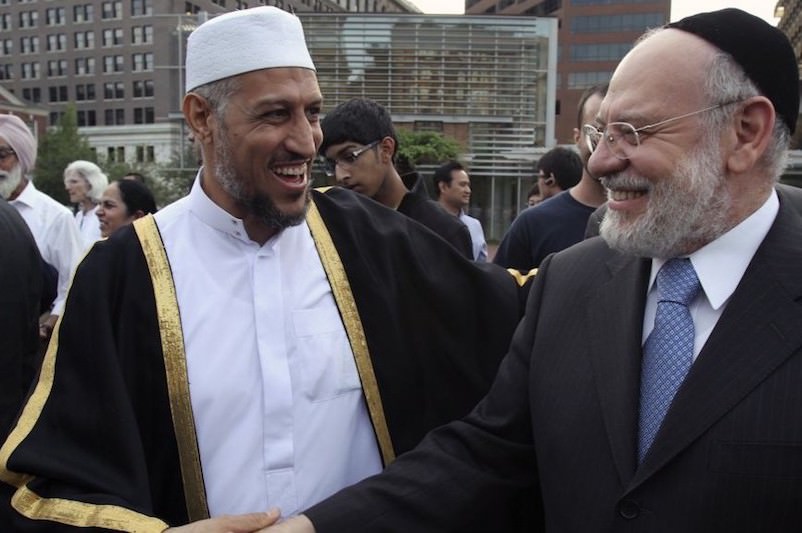
RELIGION
- Rachel Woodlock
- 21 July 2017
12 Comments
Because we are a multicultural and multi-religious society, we do not impose a singular moral or religious code on everyone. Believers can follow their faith’s code of living voluntarily. But if they choose to enter public debate about legislation on questions that affect everybody, they must construct their arguments based on reasoning acceptable to non-believers.
READ MORE 
-
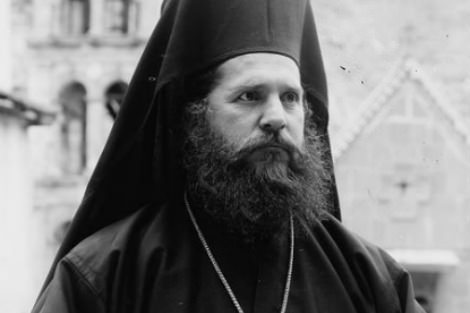
RELIGION
- Gillian Bouras
- 04 July 2017
6 Comments
When I was a small child, Presbyterians ministers, including my great-uncle Jack, seemed to be everywhere. They march through memory: soberly suited, dog-collared, determinedly cheerful and often dull, although Old Jack preached a fiery sermon, and could well have taken to the stage instead of the pulpit. They were eventually replaced in my life by a procession of Greek Orthodox priests. They would extend their hands to be kissed in a gesture my nonconformist soul found quite shocking.
READ MORE 
-
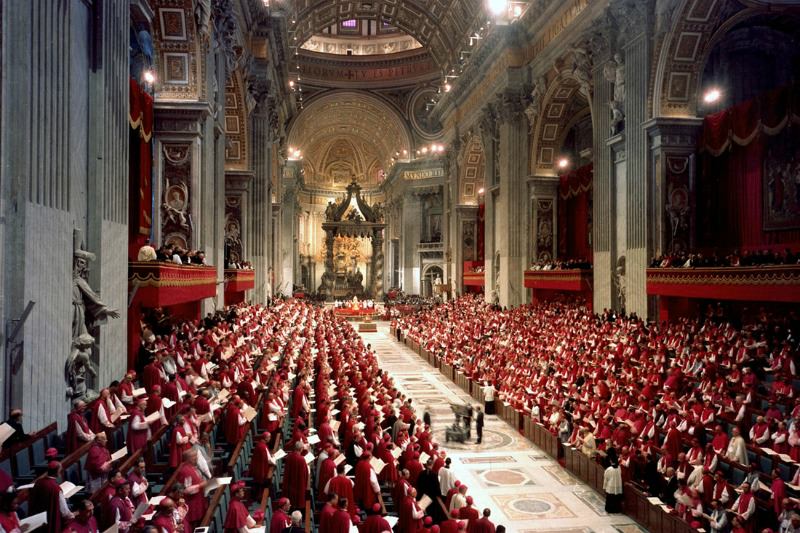
RELIGION
- Stephen de Weger
- 07 June 2017
69 Comments
The sexual revolution and Vatican II was a release from 'parental control' resulting, for many, in the sudden emergence of full-blown psychological adolescence with its risk taking, experimentation and lack of a fully developed sense of responsibility. Many clergy either slid into adolescent liberalism or, collapsing under new adult demands of freedom, retreated into reactionary conservatism. Others grew up and moved on, into new ways of being 'celibate'. Clergy misconduct is found in all three groups.
READ MORE 
-

AUSTRALIA
- Andrew Hamilton
- 25 May 2017
7 Comments
In each of us is a personal centre able to reflect, to wonder, to explore the world and to evaluate it, to long and to love, to make decisions, and to engage freely with other human beings. Privacy is the gate that allows us to leave and others to enter the garden of our deepest selves. If it is torn off its hinges we shall live on a shallow level, preoccupied with defending ourselves. That is why the invasion of our privacy by governments and corporations in order to control our lives is unjustifiable.
READ MORE 
-
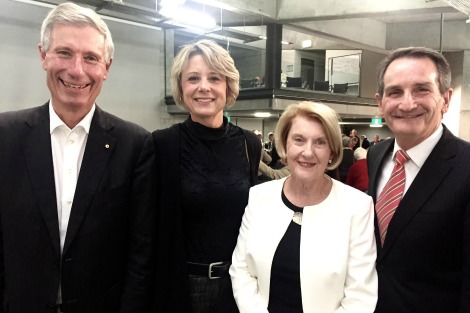
RELIGION
- John Warhurst
- 23 May 2017
54 Comments
Catholics have a proud record of exercising their democratic rights within Australian democracy as voters, members of political parties and lobby groups, and as elected representatives. But within their own church they have been taught to leave their democratic rights at the door. Now is the time to challenge that norm in parishes, dioceses and the wider church. In responding to the royal commission the church needs an infusion of democratic values, including transparency and accountability.
READ MORE 
-

RELIGION
- Frank Brennan
- 17 May 2017
As the Church of 2030, we need to be more attentive to the contemplation of believers and our experience of spiritual realities, as well as the preaching of the church. Pope Francis has no time whatever for the notion of the Church as a perfect society. But, there is no way that Francis wants to abandon the ideals and the commitment to truth and justice so well exemplified by his predecessors John Paul II and Benedict.
READ MORE
-
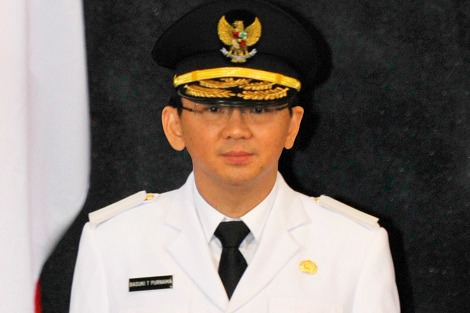
INTERNATIONAL
Did he denounce Islam as 'evil' like the American evangelist Franklin Graham? Did he publicly denounce God as 'stupid' like Stephen Fry? On the contrary. Ahok is deeply respectful of Islam and has many Muslim supporters. The affair has done a serious disservice to Indonesia, presenting it as fanatical, racist and sectarian. While these perceptions are unfair, the affair also reveals some aspects of contemporary Indonesia that are obscured by Canberra's often lavish praise of our important neighbour.
READ MORE 
-

RELIGION
- Frank Brennan
- 08 May 2017
1 Comment
Our Church is presently a strained, outdated social institution with an exclusively male hierarchy and clergy. But it is also the privileged locus for us to be called to the banquet of the Lord sharing theology and sacrament which have sustained the hearts and minds of similar pilgrims for two millennia. Thank God for Pope Francis who is showing us the way, helping us to find meaning in our changing and chaotic world, putting a fresh spring in the step of all those Catholics holding in tension the prophetic and the practical, the theological and the humanist, the tradition and the contemporary reality.
READ MORE
-

RELIGION
- Bill Wright
- 06 March 2017
4 Comments
Speaking of reform in the church can mean many things. Often it's about practical matters: sorting out the Vatican Bank, changing how bishops are chosen or clergy trained; that sort of thing. Occasionally, however, reform is about seeking real religious change. Martin Luther, I want to suggest, is one of those reformers who was not concerned with tinkering with structures of the church but with reforming the Christian message so that it might reform the believer.
READ MORE
-

ARTS AND CULTURE
- Tim Kroenert
- 22 February 2017
6 Comments
It is the story of two 17th century Portuguese Jesuits who travel to Japan to locate their former mentor, who is said to have renounced his faith, and to spread Catholicism. They find the local Christian populations have been driven underground, under threat of torture and execution. The lesson they come to learn against this fraught backdrop is that the living out of religious faith and the strengths and limitations of ordinary humanity cannot be considered in isolation from each other.
READ MORE 
-
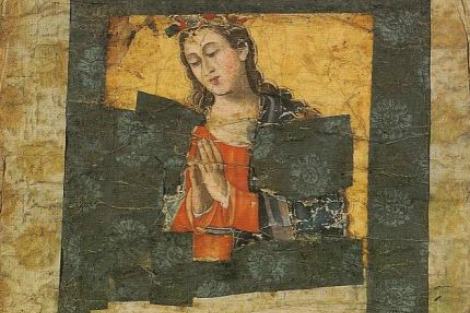
INTERNATIONAL
- Jeremy Clarke
- 22 February 2017
7 Comments
We are treated at length to Rodrigues' reflections upon the face of Christ, yet the beautiful inculturated image 'Madonna of the Snows' passes us quickly by. There are haunting local hymns yet the missionaries speak halting Japanese. The local church is served by a respected un-ordained head, who leads his fellow villagers in prayer and good works. The survival of the Japanese Catholic community rested on the feeble, faith-filled shoulders of the local women and men who kept praying even unto death.
READ MORE 
-
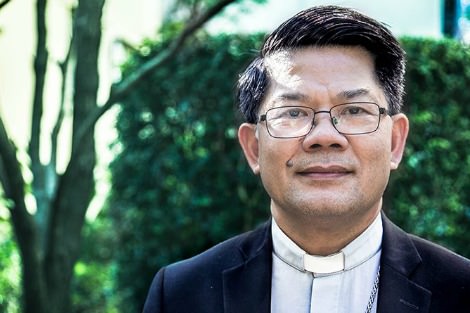
RELIGION
- Andrew Hamilton
- 22 February 2017
70 Comments
The most thought provoking testimony given during the Royal Commission's Catholic 'wrap up' was that by Vincent Long, Bishop of Parramatta. It was notable for its directness, honesty and the awareness it displayed of the importance of church culture. Bishop Long grew up in the Vietnamese Catholic Church and was afterwards chosen to lead the Australian Church. In his responses he focused particularly on clericalism and its role in giving license and cover to clerical abuse.
READ MORE 